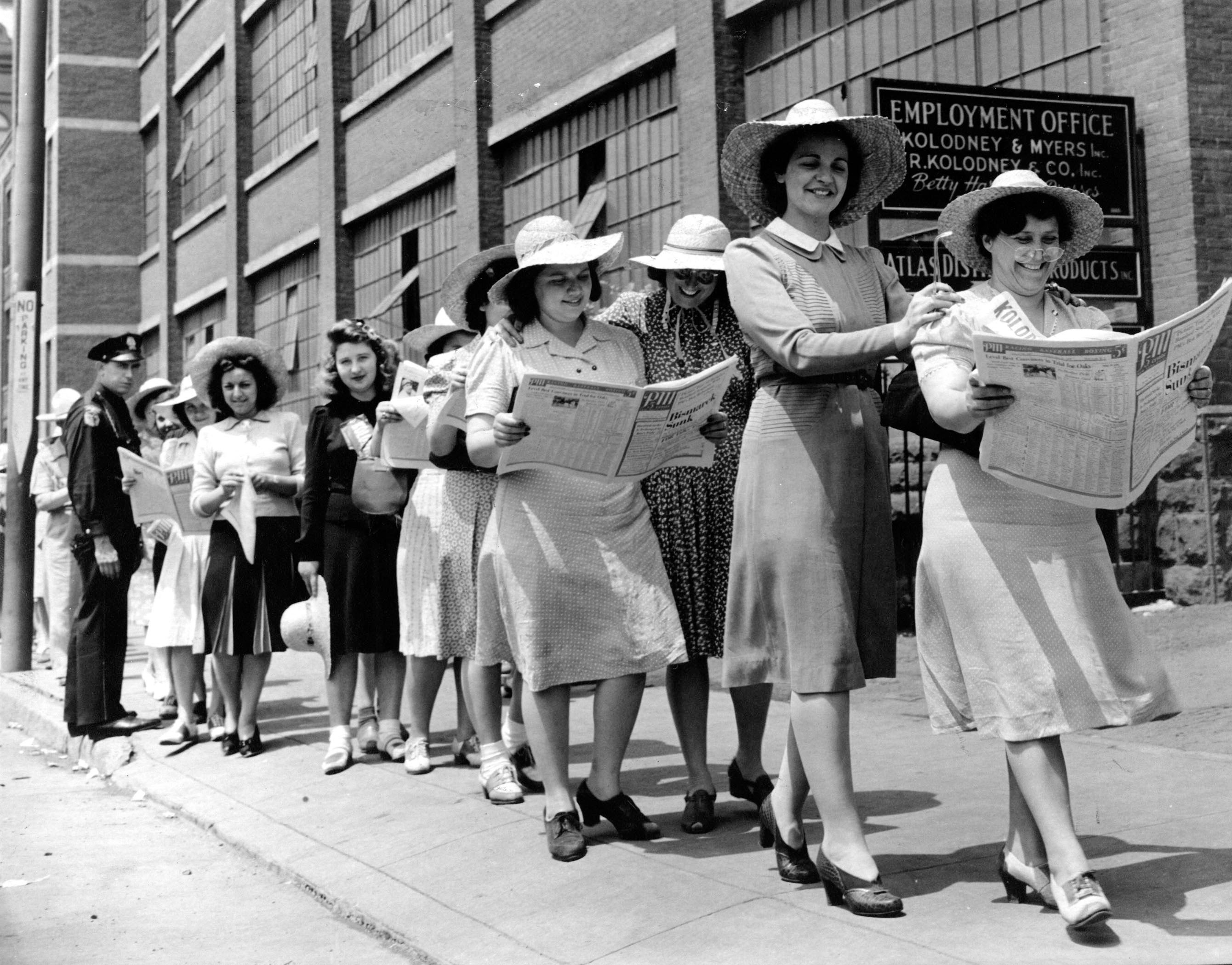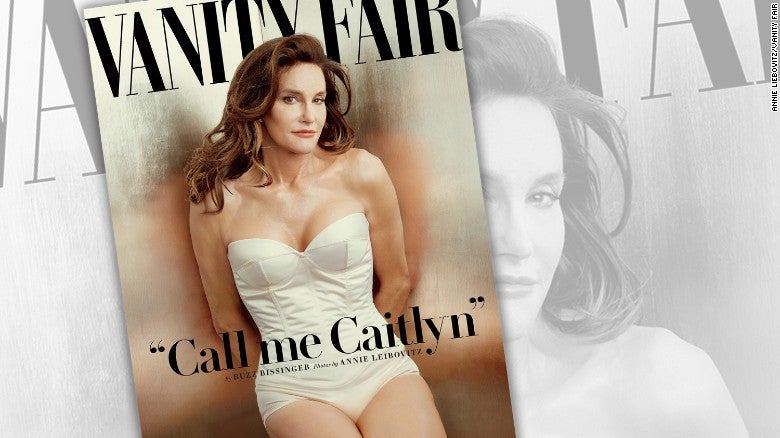“The public is not presently well-served by either the popular media or the science media when it comes to issues around gender,” says Shannon Dea, Director of Women’s Studies and Associate Professor of Philosophy. “Because the effects of gender are so pervasive, we need to be able to examine them from a range of perspectives.”
Anna Drake, Assistant Professor in Political Science explains: “There tends to be a gap in people's knowledge about gender equality. Convincing people there are significant gender inequalities can sometimes be a challenge. There is also a great deal of reluctance to identify with the word feminist because of the negative connotations associated with it.”
The Faculty of Arts is working to bring gender issues to the forefront by engaging students across a variety of disciplines.

Women from the International Ladies Garment Workers Union standing in a picket line
“Taking a course on women and politics pushes students to think about what gender inequality looks like, how these inequalities manifest, and why these problems are often downplayed or overlooked,” explains Drake, of her Political Science course, Women and Politics (PSCI 370). The course content itself emphasizes the breadth and relevance of these two words, covering: political representation, equality, the media, oppression, consciousness-raising, mobilization, protest, autonomy, as well as global justice. “It's important for students to see gender inequalities as a political problem: as something that's institutionalized in a variety of ways and has real implications for their lives.”
From another perspective, the Department of Drama and Speech Communication is offering a course entitled Gender and Performance (DRAMA 282) focused entirely on mega superstar Beyoncé. “Students can expect to engage in feminist theory, critical race theory and performance theory. They can expect deep analysis of her 2013 album BEYONCÉ and the context that surrounds it. And what makes Beyoncé as a black woman in the United States in 2015 possible,” says Assistant Professor, and the course instructor, Naila Keleta-Mae in an interview with Flare. “I think Beyoncé has created a space in which she is a capitalist feminist. And those are two terms, historically, that haven’t gone together explicitly. Beyoncé has found a way to articulate a mainstream feminism […] In many ways she captures this moment of 21st-century life: the importance of the individual and the notion of the collective.”

Beyoncé used her iconic status to highlight feminism during her 2014 VMA performance
To examine the roots of the topic as a whole, Philosophy offers a course, cross-listed in Women’s Studies - Gender Issues (PHIL 202/WS 222) - that asks students to consider some of the deepest theoretical and practical questions about sex and gender. “In the course, students discover that the distinctions between sex and gender, and between biology and culture/society/psychology, are neither tidy nor intuitive,” explains Prof. Dea, who is teaching the course.
As the recent furor over Caitlyn Jenner has shown, many are confused, and sometimes angry, about what can sometimes feel like shifting ground around sex and gender concepts and values. Tommy Mayberry, PhD candidate in English, hopes to teach students how to talk about stories like Caitlyn’s in his course: Transgender Visual Culture (cross-listed as FINE 205: Topics in Art History and FINE 206: Topics in Film Studies). “The virality of Caitlyn's story alone, and not just its critical reception, highlights the importance for students now to take a course on transgender culture because transgender identities are no longer counter- and subcultural identities but are mainstream and (r)evolutionary,” explains Tommy. The course will look at notable drag queens and kings as performance artists and living art, and engage with transsexual and transgender activists whose bodies represent political acts. Cultural texts and niche television and film to be discussed will include: Frankenstein (the 1818 text, the original films, and The Rocky Horror Picture Show), RuPaul and RuPaul's Drag Race, Orange is the New Black, and drag kings like Lady Gaga.

Caitlyn Jenner made headlines on the cover of Vanity Fair in June 2015
These various courses will be offered in Fall 2015, and excitement is already building. “I have had students e-mail me to tell me they are so happy to see a course like this being offered,” says Mayberry. Prof. Keleta-Mae’s course on Beyoncé has already been the focus of tremendous mainstream and social media attention, from The National Post to CBC to Popcrush.
Dea hopes that we may see more diversity of perspective in the classroom. She explains that there is a selection effect in these types of courses, in that there are a disproportionate number of students who are typically feminist and queer or queer-positive. “And that's great - I love teaching students like this. But I would like to teach the other students too - those who are unpersuaded by feminism or who don't know much about it, those who are skeptical about social construction theories, those who aren't immersed in the LGBTQ community.”
"My current courses aren't specifically gender-focused, but some sections address gender. It’s an exciting way to teach key concepts,” says professor of Economics Kate Rybczynski, whose research expertise includes analysis of gender differences. Her courses cover topics such as discrimination theory, estimation techniques for gender (or group specific) wage differences, fertility decisions, and household bargaining. “I find students are really responsive when I bring gender related research into the classroom."

Last month, President Hamdullahpur joined the UN Women’s HeForShe campaign on behalf of the University of Waterloo. HeForShe is a global effort to engage men and boys in removing the social and cultural barriers that prevent women and girls from achieving their potential, and together positively reshaping society. The Faculty of Arts hopes to further efforts by educating its students on gender issues and advocating for gender equity.
“In virtue of our wide range of disciplinary perspectives, and our particular interest in matters of justice and human flourishing, we can help students, and members of the public, to engage with issues of sex and gender in a way that is well-informed, appropriately critical, and pluralistic,” says Dea. “This is one of the reasons Arts disciplines are today more crucial than ever.”